While playing casually gives a taste of the game, Dota 2‘s best moments come as you climb the ranks. Your Dota 2 rank will be strictly tied to your MMR, a numeric display of your skill that will change over time based on your performance.
You’ll notice players become more aware of their surroundings as they move up the Dota 2‘s ranked ladder. The ranking system of Dota 2 can look simple if you have experience in any game with a modern rating system, but it may be confusing for newcomers.
Valve has been actively testing new methods when it comes to ranking players, and new implementations have also shaken up the game from time to time. The ranking system Dota 2 currently uses is significantly different from what it was five years ago. Here’s everything you need to know to survive in Dota 2.
How do you unlock ranked matchmaking in Dota 2?
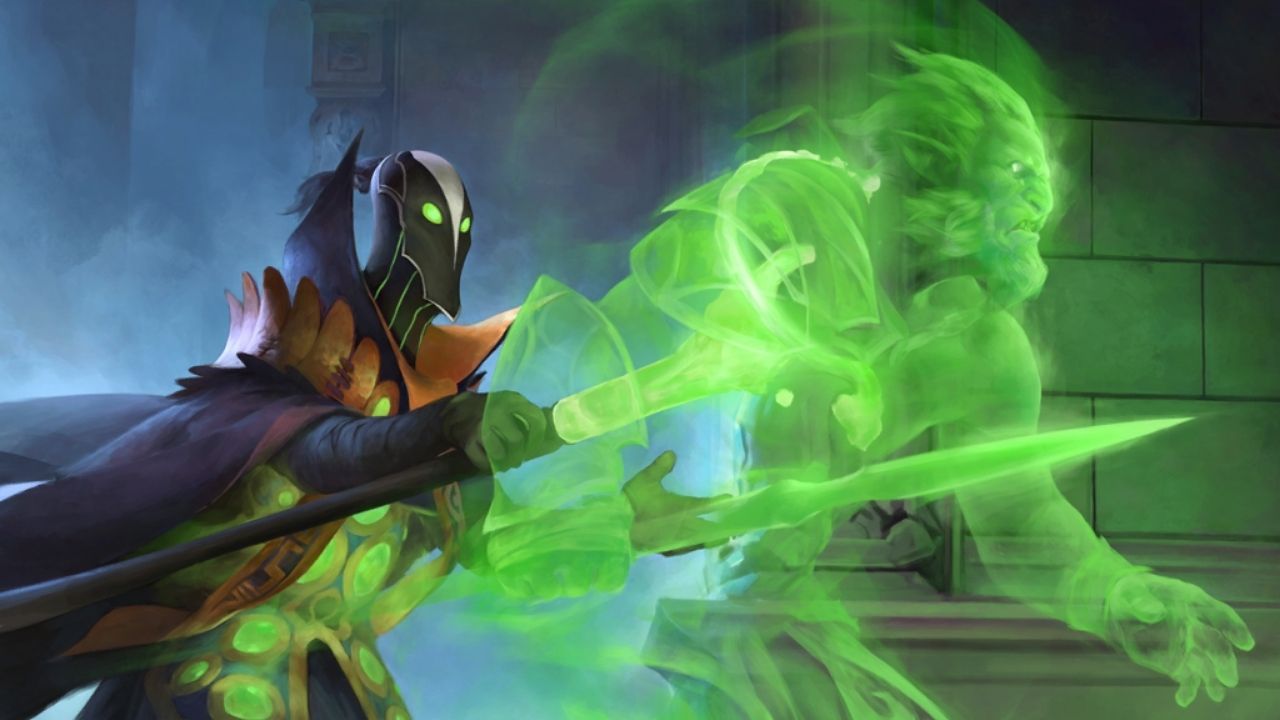
Before you dive into the complicated world of medals and ratings, you’ll need to unlock the ranked matchmaking portion of Dota 2. It’ll be locked in the beginning when you create a new account and you’ll need to jump through some hoops.
To unlock ranked matchmaking in Dota 2, you’ll first need to complete the tutorial and then satisfy the following requirements:
- Play 100 hours of Dota 2
- Any game mode will count toward this 100-hour goal, but playing Unranked will be more beneficial in the long run since the system will do a better job of identifying your MMR bracket.
- MMR determines a player’s skill bracket. This number will decrease when players lose a match and increase when they win one. Your performance in a game won’t affect the MMR you win or lose, meaning the outcome of a match is the only factor that will increase or decrease your MMR.
- If you’re looking to create a smurf account, know the system will be able to pick up on your talents early on while you play unranked, meaning you’ll start matching against noticeably tougher opponents.
- Any game mode will count toward this 100-hour goal, but playing Unranked will be more beneficial in the long run since the system will do a better job of identifying your MMR bracket.
- Have a valid phone number to link with your Steam account.
- You can remove or change this number in the future, but there’ll be a three-month waiting process before you can use it again.
- Play your calibration matches until your Rank Confidence is above 30 percent to unlock your first rank. The number of calibration matches players need to play will depend on their match history.
What is Ranked Confidence in Dota 2?
Ranked Confidence in Dota 2 is a deciding factor in the game’s matchmaking algorithm. As players participate in more ranked Dota 2 matches, the system’s confidence in their rank will increase, and the algorithm will do a better job of predicting their exact skill brackets.
Inactive players’ Ranked Confidence will lower over time, so if you’re coming off a long break, you’ll need to play a few matches to let Dota 2‘s ranked system get a better idea of how you stack up against the competition. You’ll be assigned a rank when your Rank Confidence exceeds 30 percent. During this time, the amount of MMR players win or lose from matches will vary based on their Ranked Confidence.
Ranked Confidence became an active part of Dota 2 ranked after patch Patch 7.33 on April 20, 2023, which switched Dota 2‘s main matchmaking algorithm to Glicko.
What is Glicko in Dota 2’s ranked system?
Glicko is the current algorithm of Dota 2‘s matchmaking system. Glicko allows Dota 2 to better estimate a player’s skill bracket via Ranked Confidence. This system is commonly used in various competitive gaming titles.
Glicko in Dota 2 works in two ways:
- Glicko can detect smurfs playing in lower skill brackets. As a result, said smurfs can gain drastically high MMR amounts from their games and get closer to their actual MMR.
- When the system detects a player who’s playing in a higher skill bracket while performing poorly, it can cause them to lose more MMR, and get them close to their actual MMR faster.
All Dota 2 ranks by MMR
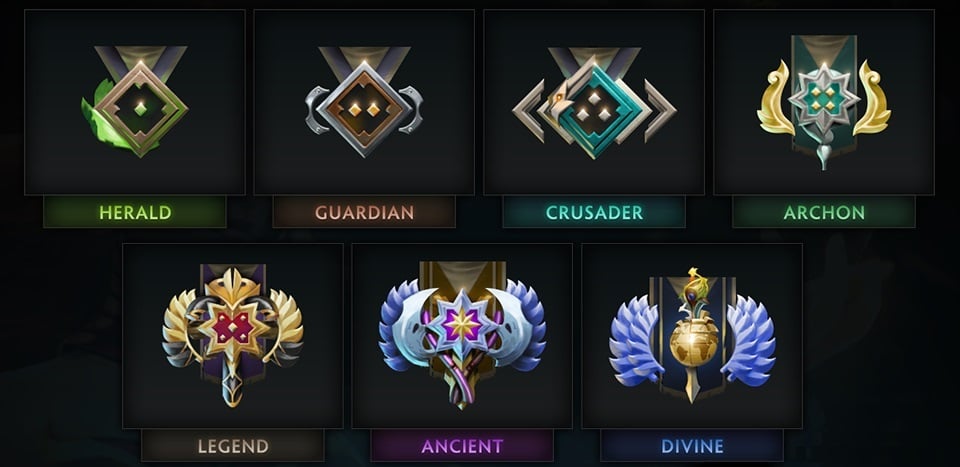
Even if you haven’t played a single ranked Dota 2 match, your account will still have hidden MMR or a rank based on your unranked mode performances.
You don’t have to worry if you haven’t played your best in your unranked matches since each game you win during your calibration matches will significantly boost your hidden rank, while losses won’t be that punishing.
You’ll be granted a medal based on your MMR after calibrating. Each rank tier in Dota 2 will have five sub-tiers you’ll need to advance through. Note, these MMR values used to highlight ranges can change anytime based on the rank distribution in your region, but the numbers should still roughly be around the given values.
1) Herald (0-616 MMR)

Herald marks the bottom of the barrel when it comes to skill distribution among ranks. The Herald tier will mostly be filled with beginners with little to no MOBA experience.
While getting placed in Herald can be morally crushing for players aiming for the higher ranks, it’s a great place to start and improve yourself. No matter how much you learn in this bracket, you’ll still need a lot of patience while you start your climb out of it.
Focus on what you can do better in each game, and you should move to Guardian before you even know it.
- Herald One: Zero MMR
- Herald Two: 154 MMR
- Herald Three: 308 MMR
- Herald Four: 462 MMR
- Herald Five: 616 MMR
2) Guardian (770-1,386 MMR)

You should feel the games getting more competitive as you get out of Herald since most Guardian players take the time to learn more about Dota 2. Most players will be aware of their in-game duties and try their hardest to win each game.
You’ll need to work on your primary role and understand what you need to do around the map. Perfecting mechanical skills like last-hitting creeps to earn gold and taking down objectives to give yourself the required push to the Crusader bracket.
- Guardian One: 770 MMR
- Guardian Two: 924 MMR
- Guardian Three: 1,078 MMR
- Guardian Four: 1,232 MMR
- Guardian Five: 1,386 MMR
3) Crusader (1,540-2,156 MMR)
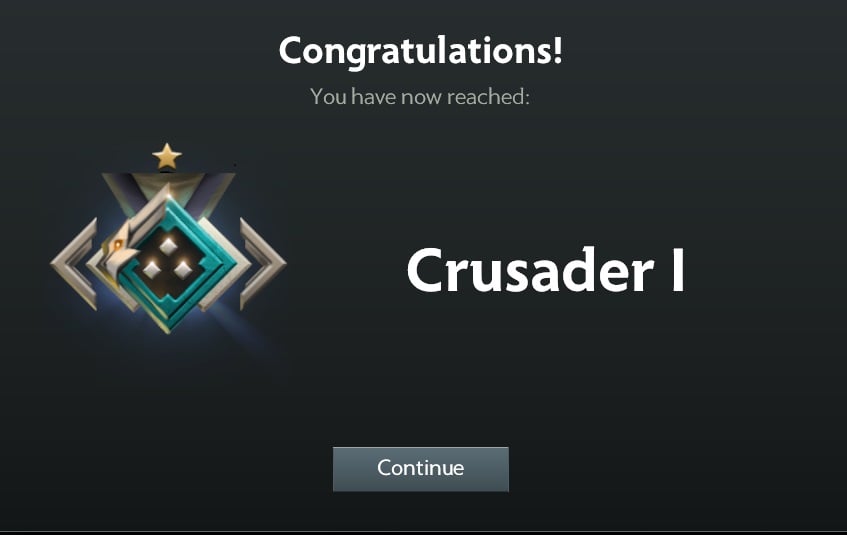
Crusader is the tier where players start studying the game. You’ll notice more people with meta picks and up-to-date item guides, which are vital aspects that can boost someone’s win rate.
The key to moving forward from Crusader to Archon is knowing what works for you and identifying what items you need to buy in different scenarios. Following a single hero guide every game may not cut it anymore since you’ll be against a different set of heroes in almost every match.
- Crusader One: 1,540 MMR
- Crusader Two: 1,694 MMR
- Crusader Three: 1,848 MMR
- Crusader Four: 2,002 MMR
- Crusader Five: 2,156 MMR
4) Archon (2,310-2,926 MMR)

There are more than 100 heroes in Dota 2, and you can only pick five to form the ultimate lineup. Players start picking more synergy heroes in the Archon tier and have a better understanding of when they can start team fights.
Communicating via voice chat can be the key to moving out of this bracket since you’ll need to move as a unit with your team in most matches, and you should start focusing on a role that fits you.
Decide on a few heroes to master for your preferred role so you can perform consistently in every game.
- Archon One: 2,310 MMR
- Archon Two: 2,464 MMR
- Archon Three: 2,618 MMR
- Archon Four: 2,772 MMR
- Archon Five: 2,926 MMR
5) Legend (3,080-3,696 MMR)

The vision wars start just around when you hit the Legend rank. Players start using more wards and counter-wards to ensure they have better vision than the enemy team, which can be crucial when it comes to deciding the outcome of a game.
One of the best ways to get out of this bracket is to begin replicating what professional and high-level players do. Watch guides on YouTube and live games through Dota 2’s Watch section and try to observe every move that professional players make to progress further.
- Legend One: 3,080 MMR
- Legend Two: 3,234 MMR
- Legend Three: 3,388 MMR
- Legend Four: 3,542 MMR
- Legend Five: 3,696 MMR
6) Ancient (3,850-4,466 MMR)
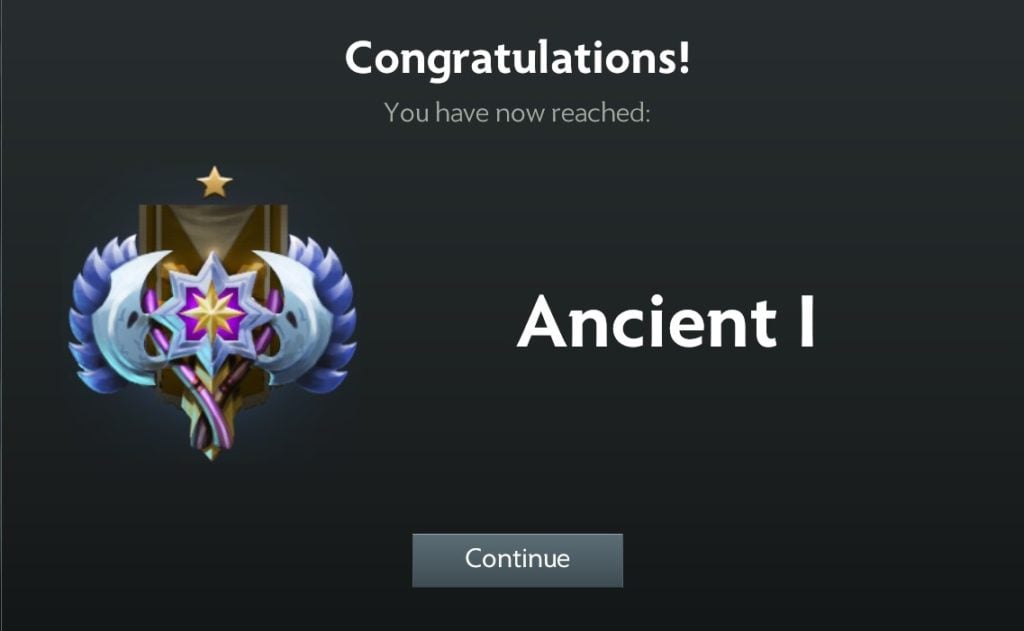
Most Ancient players have the game figured out by now and understand everything there is to know when it comes to mechanics. While not all of them will be able to play the most mechanically intensive heroes like Meepo and Invoker, most will know what to expect from them when they’re in good hands.
A lot of patience will be required to get out of this bracket since you’ll already know most of the finer details of Dota 2—as will your opponents. Work on your communication skills and try to become a leader in games in which your games lack one.
- Ancient One: 3,850 MMR
- Ancient Two: 4,004 MMR
- Ancient Three: 4,158 MMR
- Ancient Four: 4,312 MMR
- Ancient Five: 4,466 MMR
7) Divine (4,620-5,420 MMR)
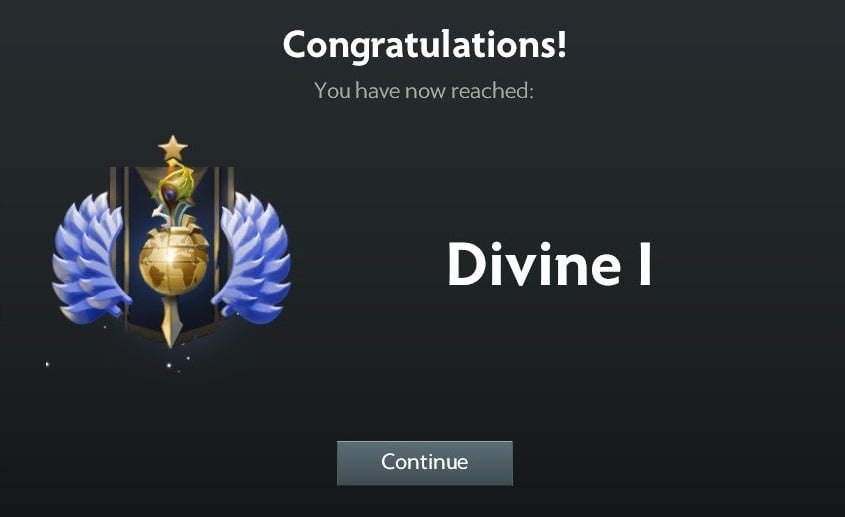
The Divine bracket is the waiting lobby you’ll need to power through before moving on to Immortal. If you’re in this bracket, you may have what it takes to become a top-ranked player, but there may be a couple of slightly bad habits that hold you back.
Most Divine players make the mistake of playing while tilted, which makes them perform poorly. When you aren’t playing your best in this bracket, you become a liability for your team and significantly decrease your chances of winning.
Join each match to have fun and focus on what you can do better and play more efficiently.
- Divine One: 4,620 MMR
- Divine Two: 4,820 MMR
- Divine Three: 5,020 MMR
- Divine Four: 5,220 MMR
- Divine Five: 5,420 MMR
8) Immortal (5420+ MMR)
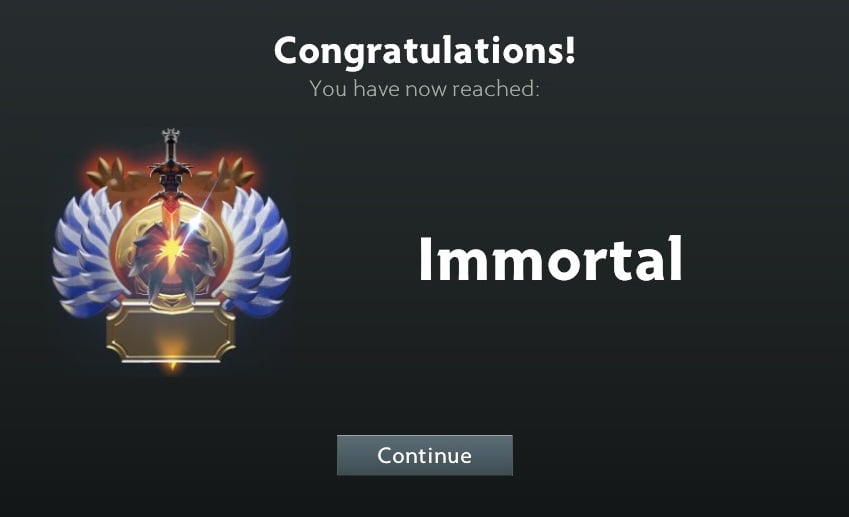
Immortals are the kings of Dota 2. All Immortal players must know every in and out of the game, and each Immortal match has a high potential to be a nail-biter.
You’ll make your way to the regional rankings as you advance through the Immortal bracket and can be scouted in no time.
How much MMR do you get for each game in Dota 2?
The amount of MMR you get for each Dota 2 match is variable and depends on factors such as the rank and Rank Confidence of the players present in the game.
Overall, if your Rank Confidence is high, you should be getting 20 to 30 MMR for each Dota 2 ranked match win and lose 20 to 30 for each lost match.
How to get more MMR per match in Dota 2?
Using a Double Down Token in Dota 2 allows players to increase the MMR they gain or lose from a match to 40-60 MMR, depending on whether it’s a party or a solo game and their Rank Confidence.
Double Down Tokens generally become available whenever Valve releases a battle pass, and they’re only handed out to battle pass owners.
What is the difference between rank and MMR in Dota 2?
Rank and MMR in Dota 2 differ primarily in visibility, precision, and purpose. Rank is a visible, medal-based tier system players can see in-game, while MMR is a hidden numerical value used for matchmaking. Rank broadly categorizes skill levels, whereas MMR offers a more precise measurement that changes after each match.
MMR directly influences a player’s medal rank in Dota 2. Each medal tier corresponds to a specific MMR range. As a player’s MMR increases or decreases, their medal rank adjusts accordingly, though not immediately after every match. For example, a player might need to reach 1,600 MMR to achieve the Crusader medal, 2,300 MMR for Archon, etc. Each medal tier has multiple stars, and when a player’s MMR crosses certain thresholds, their medal rank updates.
How to check your MMR in Dota 2
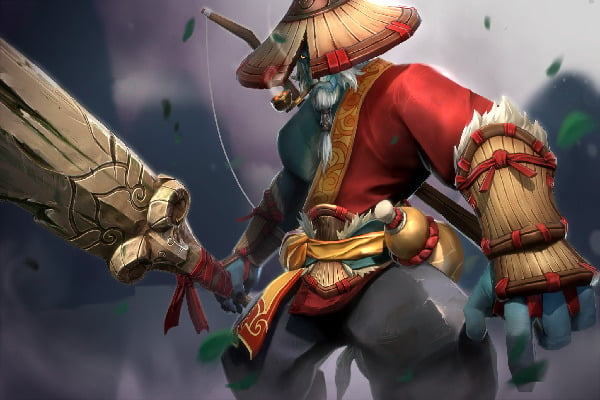
Checking your MMR in Dota 2 only requires you to do the following:
- In the game’s main menu, click on your profile.
- Select the option labeled “Stats.”
- Your MMR will be visible in the top right of the Stats window.
The Stats page will also give you information on your wins, losses, win rates, averages, and more.
How does the Immortal Rank work? The leaderboards
Immortal isn’t the end for aspiring Dota 2 players. Winning games in the Immortal bracket will still grant you MMR, and you’ll start making your way onto the regional leaderboards of Dota 2, thus earning an individual rank.
Your rank on the leaderboard will start displaying under your rank icon, but you’ll need to play at least one ranked game in 21 days in your region to keep it there. If you don’t meet this requirement, you’ll be removed from the leaderboard due to inactivity but will keep your MMR.
How does Immortal Matchmaking work in Dota 2?
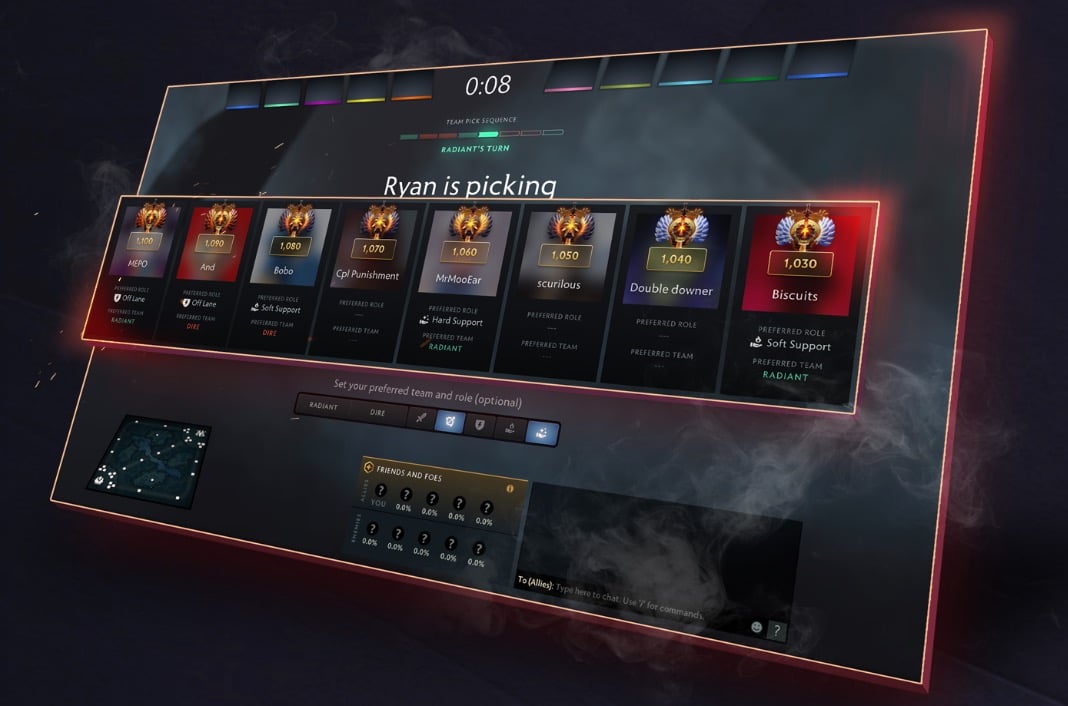
Immortal Matchmaking in Dota 2 doesn’t have pre-made teams like other skill brackets. When an Immortal match stars, Dota 2 will pick two captains who will draft the remaining eight players for their teams.
This system resembles the in-house leagues that were quite commonly found within Dota 2 communities in the 2010s.
How does the role queue work in Dota 2?
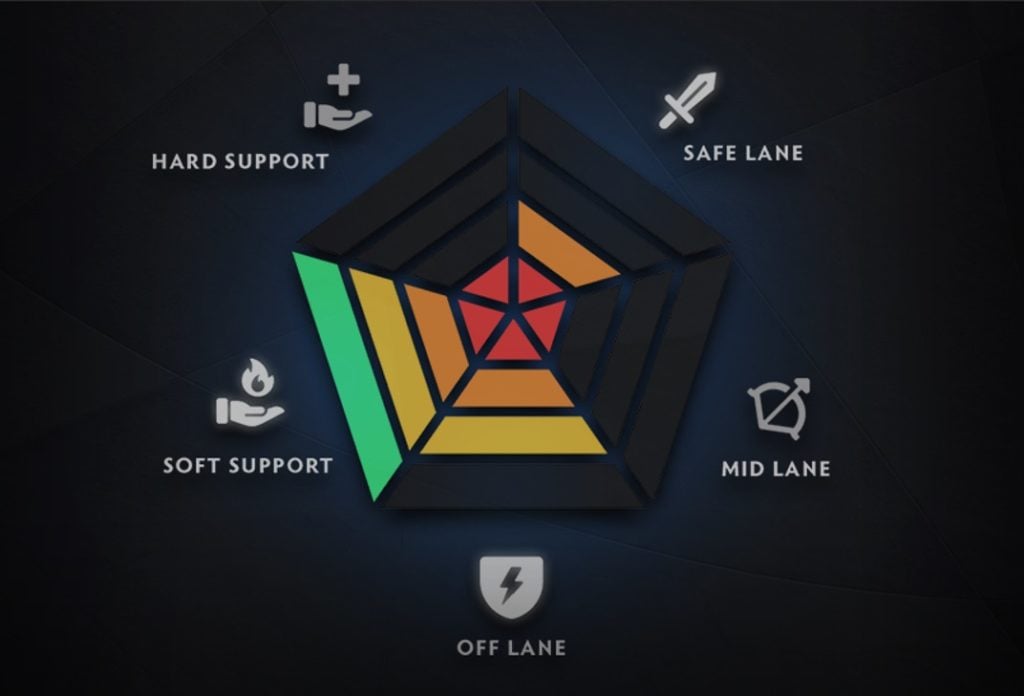
The role queue system in Dota 2 allows players to pick the in-game roles they would like to play in their next ranked match. Unless you use Role Queue Games, you’ll need to choose the two support roles on top of your desired role before finding a match.
To win Role Queue Games in Dota 2, players will need to choose all five roles and then queue for a match. When this is the case, losses will award two Role Queue Games, while wins will come with four.
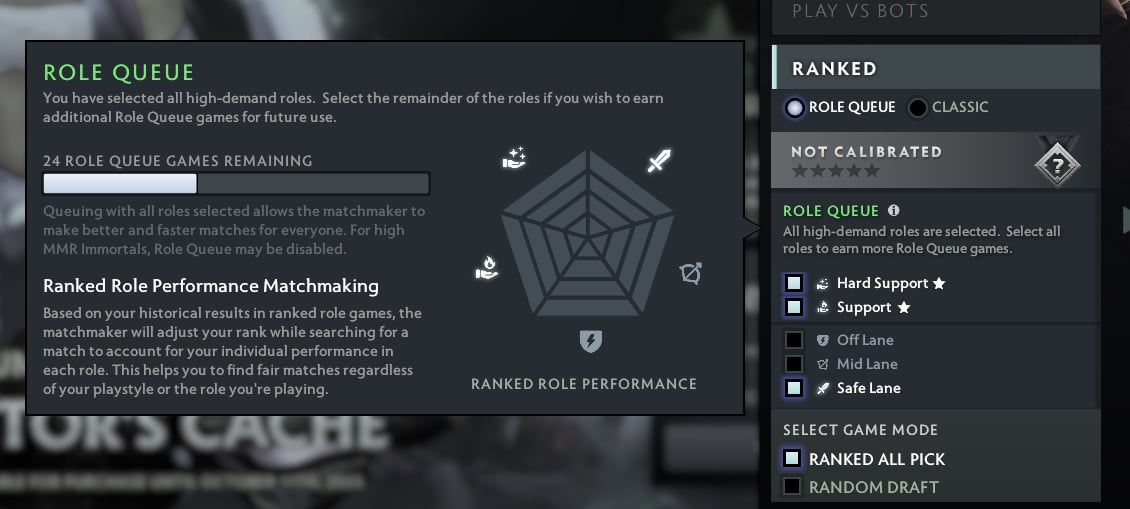
Role queue will also slowly identify what type of player you are and make sure that you aren’t heavily penalized for losing a game in an unfamiliar role. While most supports will be able to play their role in almost every game, highly demanded core roles may not always be available, and you may be forced to play a match as a support.
How to identify ranking up and down in Dota 2



While you’ll always be able to see your current MMR through your profile, it’ll be hard to guess when you’d be ranking up since the MMR ranges continually shift.
Your progress toward the next rank will be hidden until a percentage meter appears below your rank to indicate how close you are to promotion. It’s impossible to tell how much your next games will affect your percentage meter, but you’ll be able to see it going down and up based on the results of those matches.
What is the rank distribution in Dota 2?
There is no real ranked season for Dota 2 compared to other competitive multiplayer titles, with large updates to the game generally marking the start of a new “season,” so to speak. Esports outlet Esports Tales keeps an updated record of rank distribution, which shows small but insignificant fluctuation over time.
| Rank | Percentile |
| Herald One | 0.06 |
| Herald Two | 1.29 |
| Herald Three | 2.73 |
| Herald Four | 4.59 |
| Herald Five | 6.74 |
| Guardian One | 9.20 |
| Guardian Two | 11.93 |
| Guardian Three | 14.95 |
| Guardian Four | 18.26 |
| Guardian Five | 21.83 |
| Crusader One | 25.78 |
| Crusader Two | 29.92 |
| Crusader Three | 34.23 |
| Crusader Four | 38.69 |
| Crusader Five | 43.20 |
| Archon One | 47.88 |
| Archon Two | 52.46 |
| Archon Three | 56.92 |
| Archon Four | 61.18 |
| Archon Five | 65.25 |
| Legend One | 69.31 |
| Legend Two | 72.97 |
| Legend Three | 76.28 |
| Legend Four | 79.28 |
| Legend Five | 81.98 |
| Ancient One | 84.63 |
| Ancient Two | 86.88 |
| Ancient Three | 88.78 |
| Ancient Four | 90.38 |
| Ancient Five | 91.79 |
| Divine One | 93.42 |
| Divine Two | 94.74 |
| Divine Three | 95.78 |
| Divine Four | 96.58 |
| Divine Five | 97.29 |
| Immortal | 100 |
These statistics show the average Dota 2 player is usually ranked somewhere around high Crusader to low Archon. This means players ranked Legend Four and above make up a small portion of the whole player base.
How to gain MMR in Dota 2
MMR can only be gained through winning matches in Dota 2. Players looking to increase their overall MMR will need to win more matches than they lose.
If you feel stuck in a certain MMR bracket in Dota 2, it may just mean that you’re in the rank range that’s most suited to your current Dota 2 talents at the moment. Considering Dota 2 is an ever-evolving game, you can win more matches by improving your knowledge of it.
How to win more matches in Dota 2 and boost your MMR
Winning more Dota 2 matches comes with experience, but there are a few tricks you can apply to increase your odds of success in every match.
- Don’t try to play all the heroes. Master a handful of them instead.
- Watch professional matches and your replays to identify areas that you can improve.
- Stay positive and avoid getting tilted. Don’t queue up for another game if you’re feeling angry.
- Communicate with your teammates and keep the information flow going during a match.
- Consider working with a coach. If you can’t seem to identify the mistakes in your own gameplay, maybe another set of eyes can help you out.
Can you reset your MMR and recalibrate in Dota 2?
Yes, players can reset their MMR and recalibrate their rank again in Dota 2. You can start your Dota 2 recalibration and reset your MMR by following these steps:
- Launch Dota 2 and click on the Settings cog icon.
- Head over to the Account tab.
- Click on Activate Recalibration.
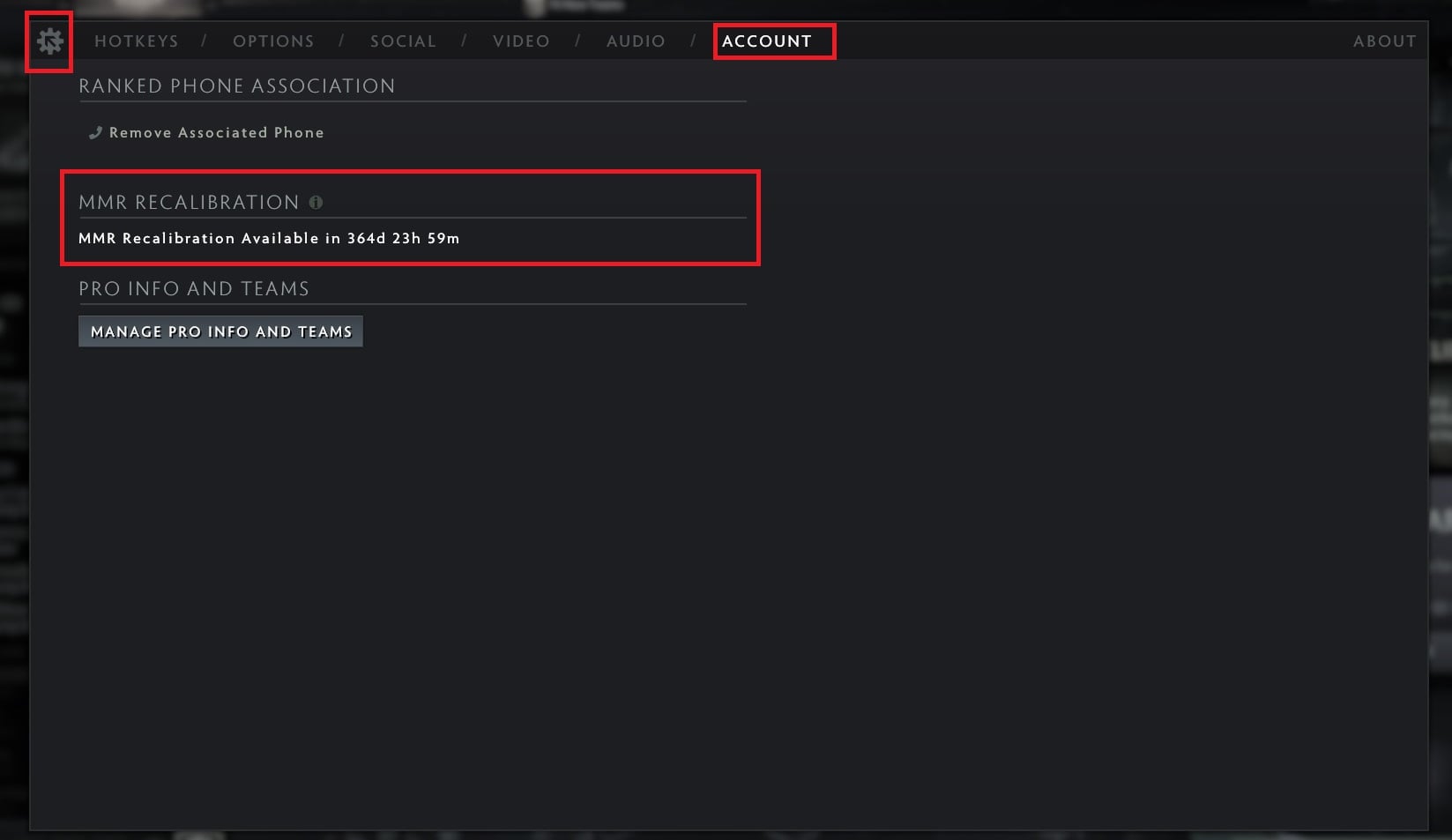
Note that there won’t be any confirmations at the third step, and upon clicking on Activate Recalibration, your rank will be reset in Dota 2. You can only manually recalibrate and reset your Dota 2 rank once every 365 days.


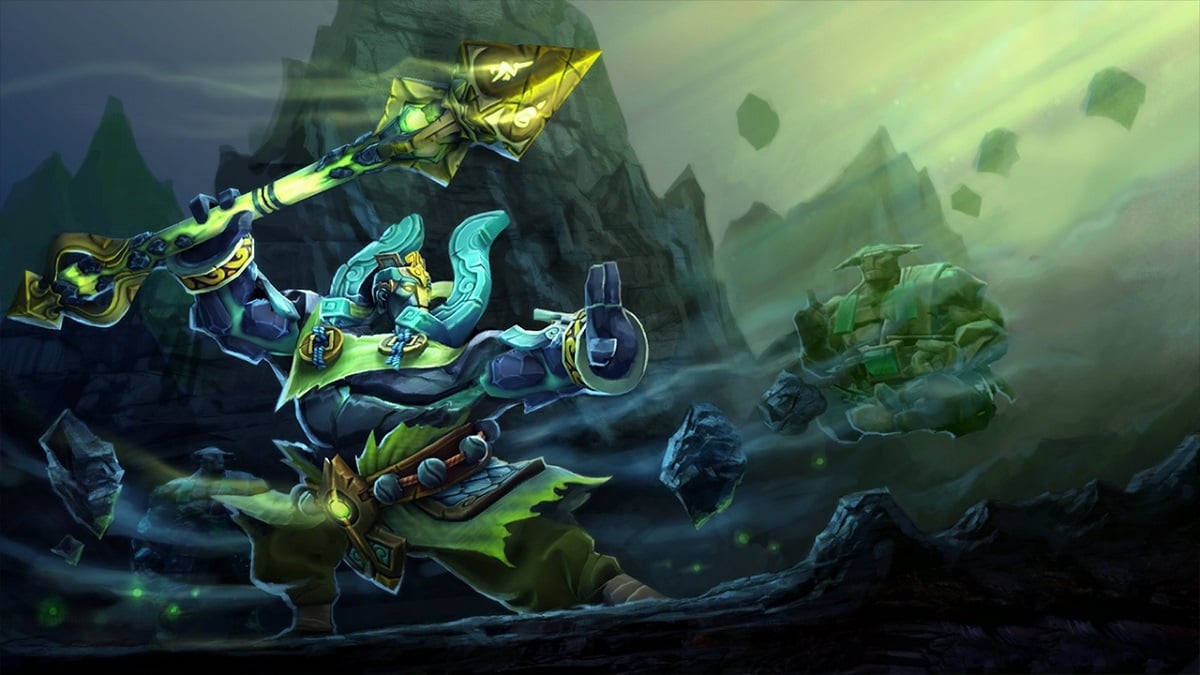
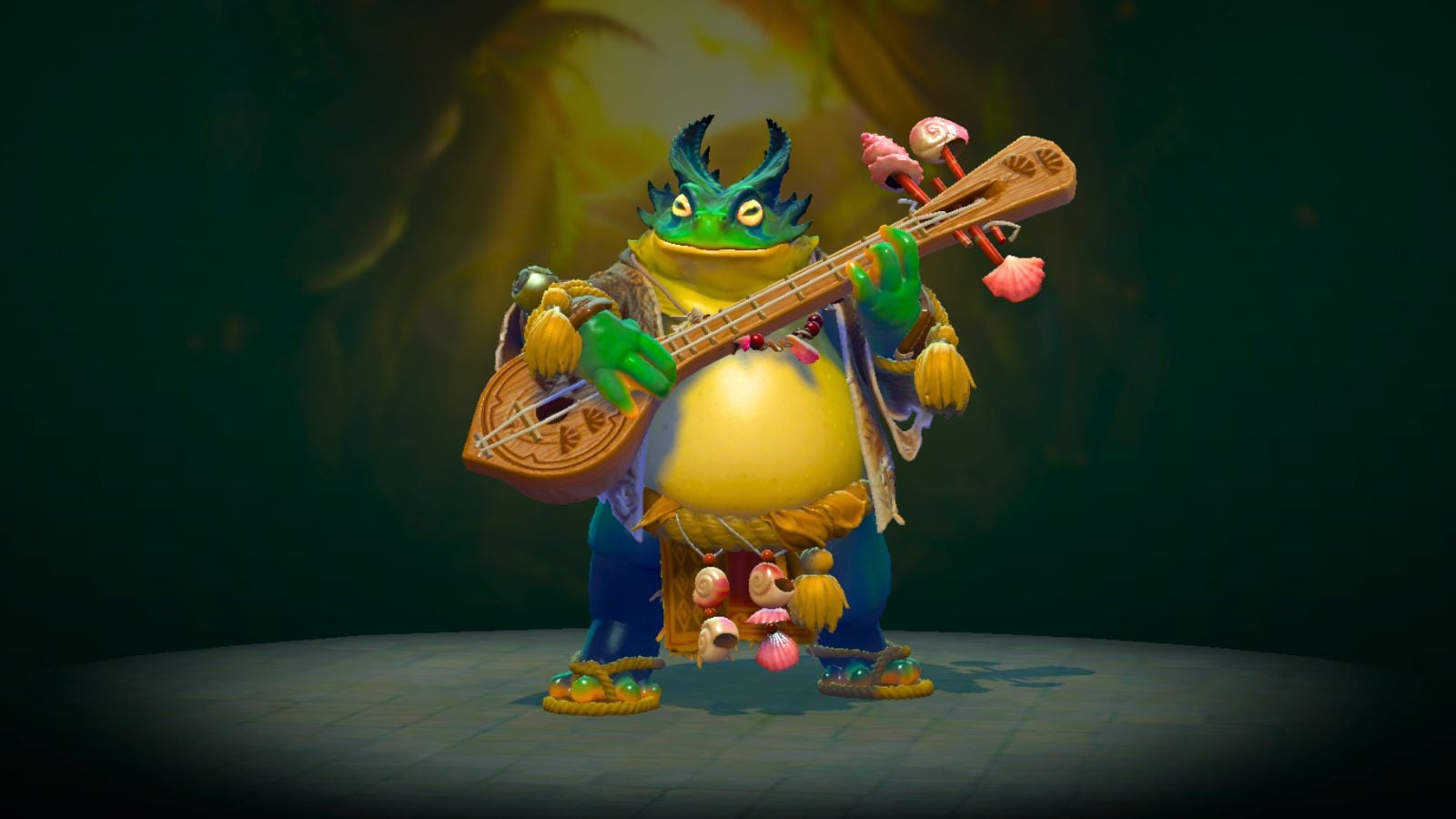
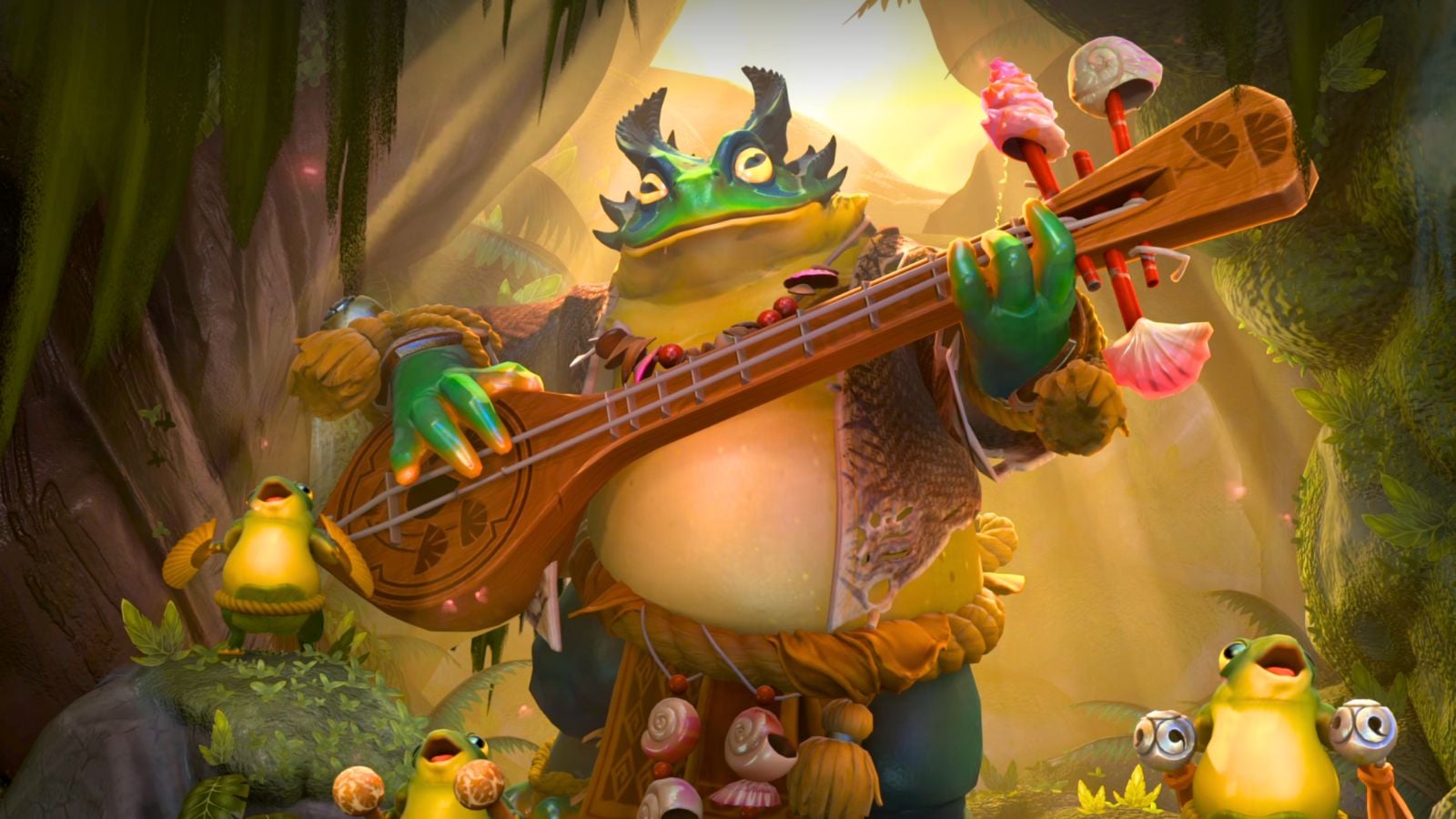

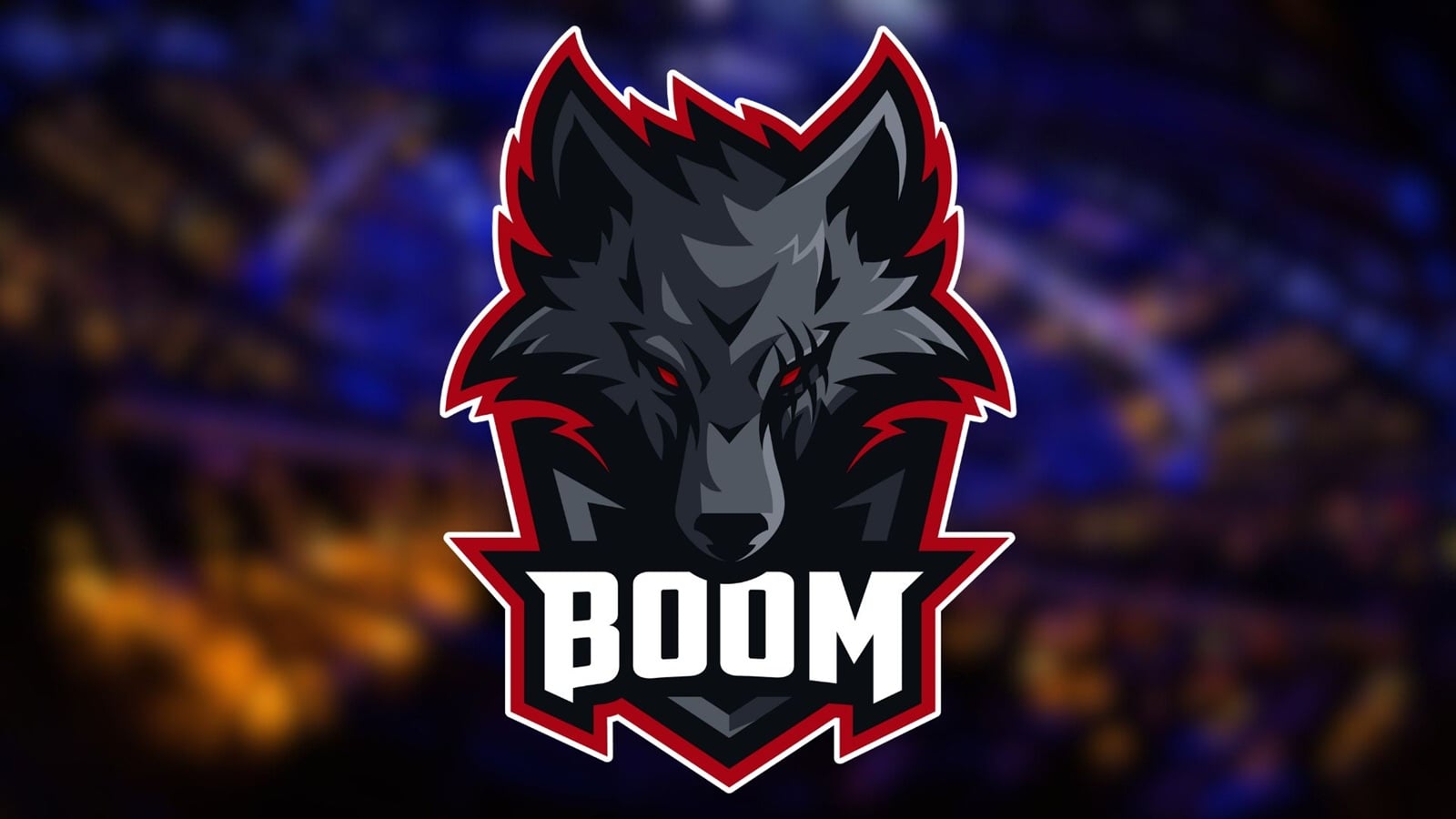
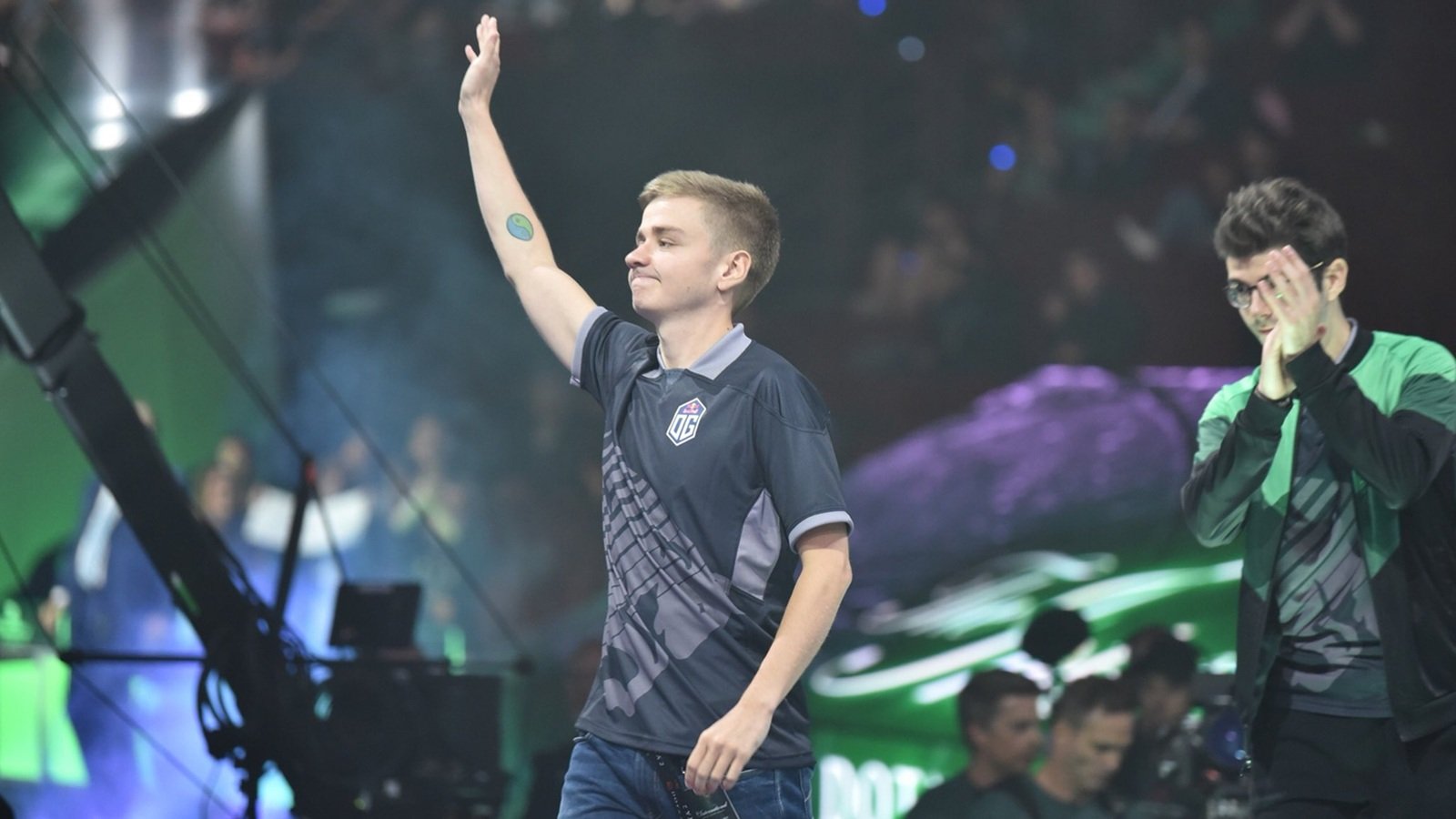
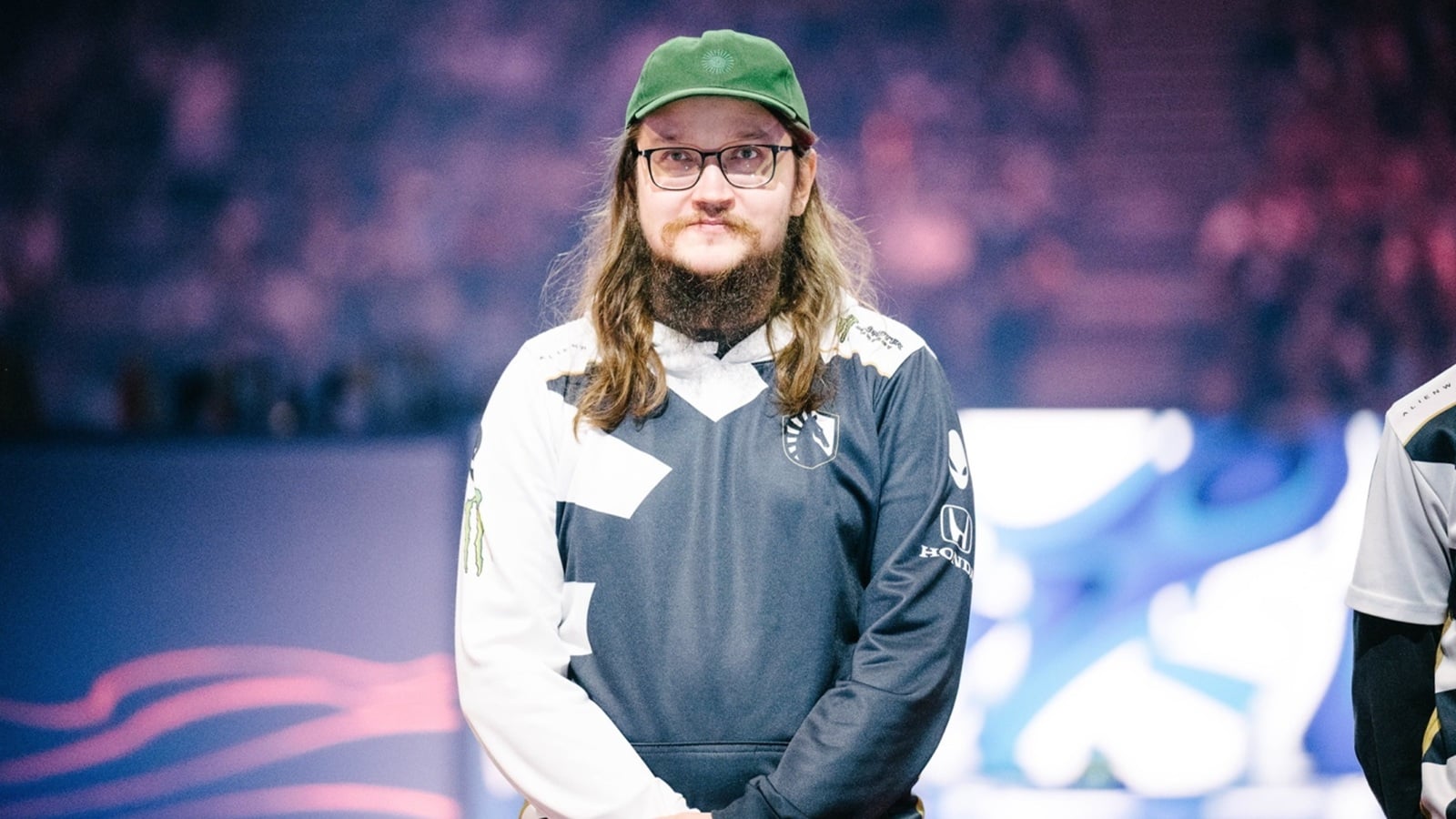
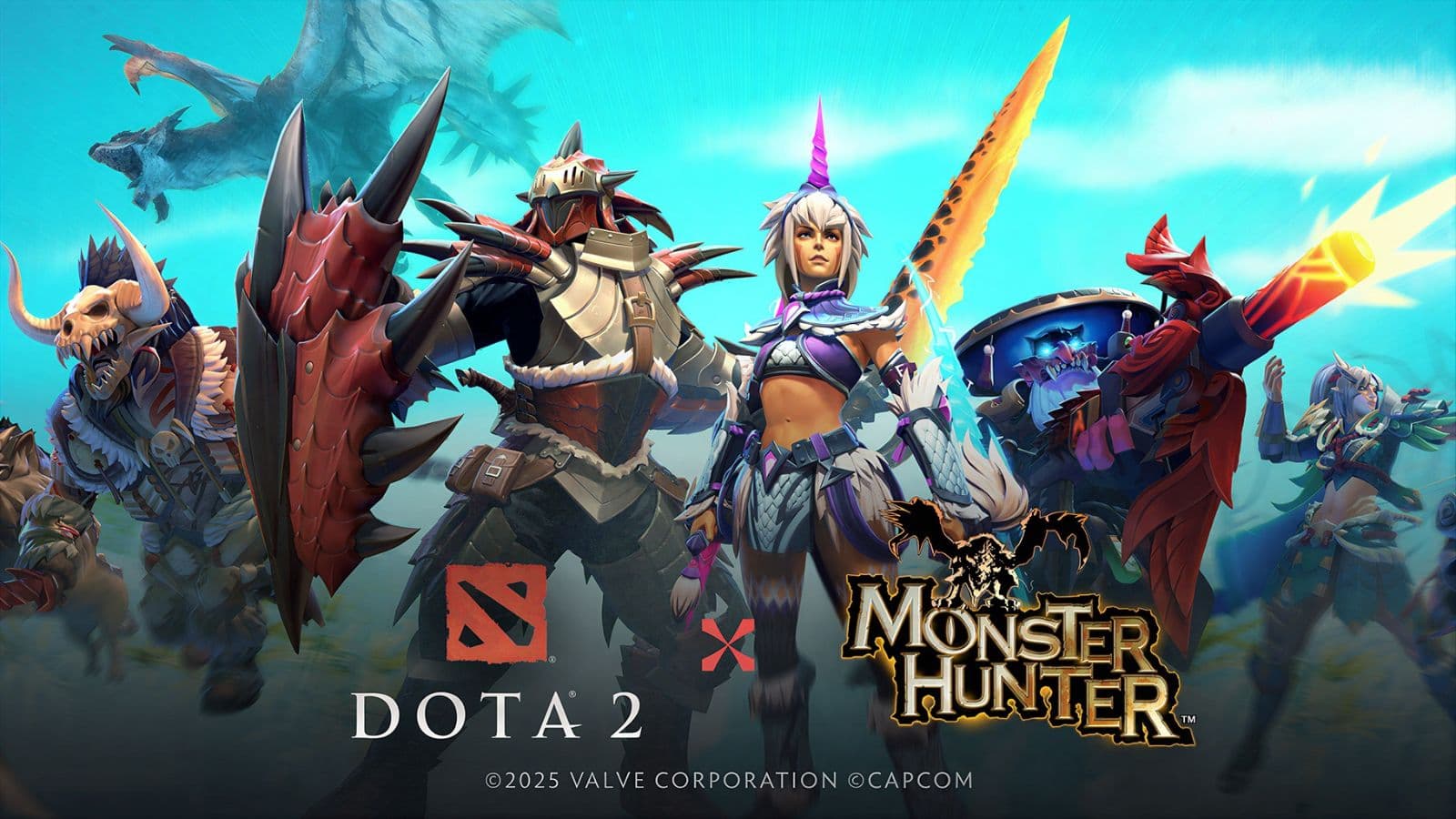
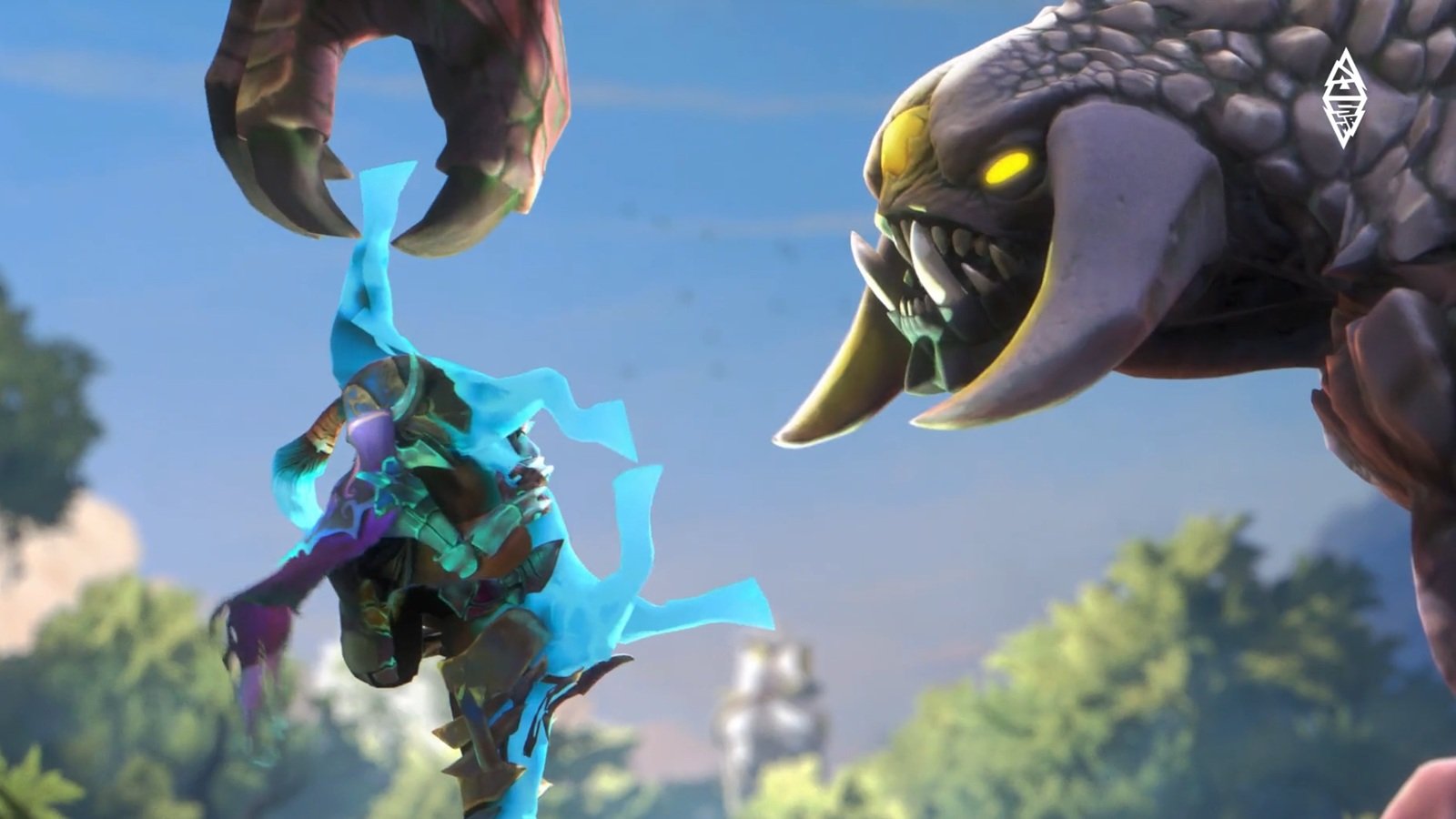
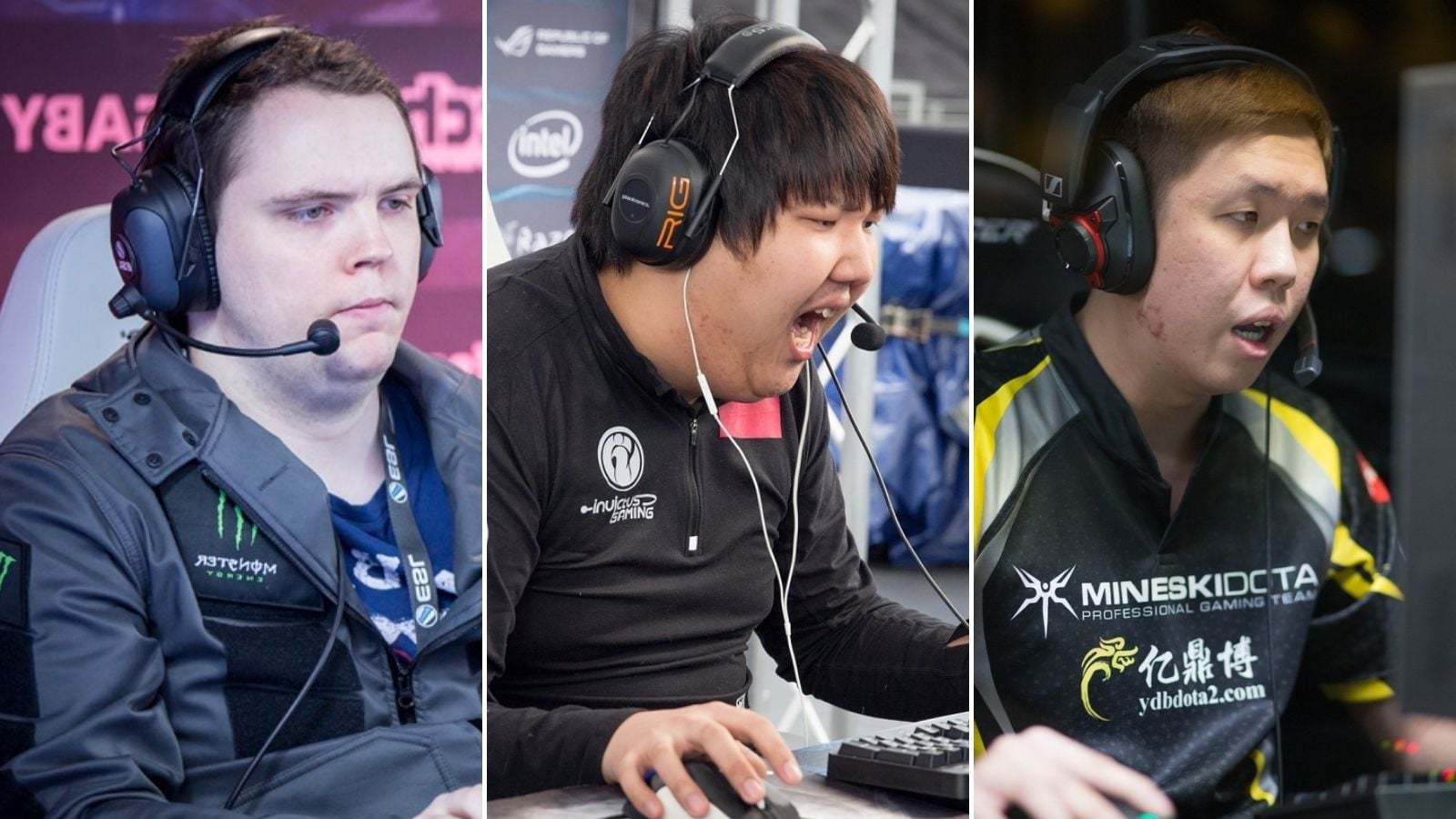

Published: Jul 25, 2024 04:24 pm